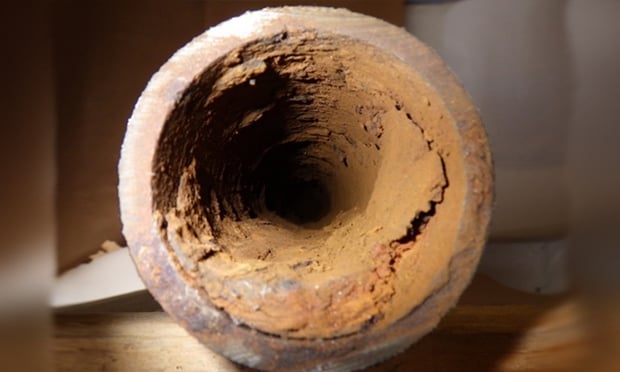 In the case, the Fourth District Court of Appeal affirms that insurance contracts are to be interpreted based on their plain meanings, express terms and conditions, and that insurance carriers are not to pay for more than they specifically bargained for when issuing insurance coverage to their insureds. (Credit: Donald Dunn)
In the case, the Fourth District Court of Appeal affirms that insurance contracts are to be interpreted based on their plain meanings, express terms and conditions, and that insurance carriers are not to pay for more than they specifically bargained for when issuing insurance coverage to their insureds. (Credit: Donald Dunn)
Florida's Fourth District Court of Appeal rendered a decision in Dodge v. People's Trust Insurance, concerning coverage related to the failure of cast iron pipes in a breach of contract action, affirming a trial court's order regarding the applicability of the policy's exclusions section.
Recommended For You
Want to continue reading?
Become a Free PropertyCasualty360 Digital Reader
Your access to unlimited PropertyCasualty360 content isn’t changing.
Once you are an ALM digital member, you’ll receive:
- Breaking insurance news and analysis, on-site and via our newsletters and custom alerts
- Weekly Insurance Speak podcast featuring exclusive interviews with industry leaders
- Educational webcasts, white papers, and ebooks from industry thought leaders
- Critical converage of the employee benefits and financial advisory markets on our other ALM sites, BenefitsPRO and ThinkAdvisor
Already have an account? Sign In Now
© Touchpoint Markets, All Rights Reserved. Request academic re-use from www.copyright.com. All other uses, submit a request to [email protected]. For more inforrmation visit Asset & Logo Licensing.







